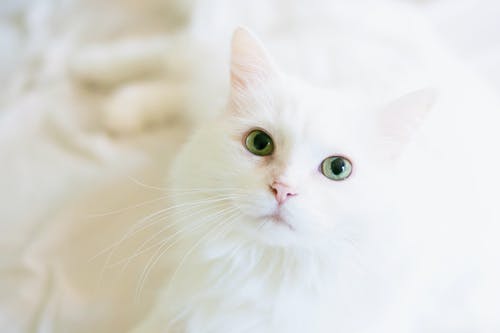As an animal owner, you have possibly observed that your furry friend is not as lively and cheerful as they used to be. This is because, like people, pets age, and their health care requirements change. Recognizing these modifications and giving an appropriate treatment can help ensure your elderly pet enjoys a delighted and wholesome life for years.
Read on to learn more.
What Medical Changes Do Elderly Pets Experience?
Aging is a natural element of life for both people and pets. Your young puppy will grow up to be an elderly dog. You need to identify as a pet owner that your pet’s needs will vary over time.
Here are some prevalent medical changes that senior animals experience:
Cognitive Decline and Behavior Changes
Your furry friend may experience cognitive decrease and behavioral changes as they get older. This can exhibit in various ways, like confusion, disorientation, forgetfulness, and aggressiveness. It is necessary to identify these changes and give your senior pet treatment and attention to ensure their lifestyle stays high. You can help your pet deal with these adjustments and continue appreciating its senior years with compassion and empathy.
Joint and Movement Issues
As animals age, their joints and mobility can become an issue. Arthritis is a typical condition that impacts senior pets, causing stiffness, discomfort, and difficulty walking around. It’s necessary to look for changes in your pet’s mobility and consult with your veterinarian about ways to manage joint pain and maintain your furry friend comfy as they grow older.
Additionally, staying up to date with vaccinations throughout their life is essential for geriatric pets to avoid ailments that can weaken their immune system and aggravate joint pain. By staying on top of preventative treatment, you can ensure your pet has a happy and wholesome senior life.
Dental Health Concerns
Senior pets become vulnerable to dental health issues, leading to pain, infection, and organ damage. Regular oral checkups and getting pet dental services are critical for preserving your animal’s dental well-being and preventing severe clinical complications. Furthermore, providing dental-friendly toys and treats can help maintain their teeth strong and healthy. Don’t neglect your pet’s oral health; it’s critical to their wellness as they enter their senior years.
Vision and Hearing Loss
Animals entering their senior years struggle with failing vision and diminishing hearing. This can decrease their lifestyle as they have difficulty navigating their surroundings or become quickly startled by loud noises. Creating a secure and enjoyable environment for your pet helps them maintain their freedom and joy. Remember, even if your pet is getting older doesn’t imply they have to lose its passion for life.
You can find more information about geriatric pet care at allbayanimalhospital.com.
Digestive System Changes
Digestive problems might strike a pet at any age. However, older pets experience them more often. Senior pets may experience decreased appetite, constipation, or difficulty digesting certain foods. These changes can cause weight reduction and malnutrition if not managed promptly.
Checking your pet’s eating routines and seeking veterinary treatment if you discover any substantial changes is essential. With appropriate nutrition and treatment, you can aid your senior pet in maintaining a healthy gastrointestinal system and enjoying its golden years.
Conclusion
As animals age, their medical and health needs change, necessitating diet, lifestyle, and routine care adjustments. To preserve their wellness, geriatric animals should have routine oral and general wellness exams and vaccinations. Animal owners have to work closely with their veterinarians to guarantee their senior pets receive the appropriate treatment and attention they need in their senior years.





